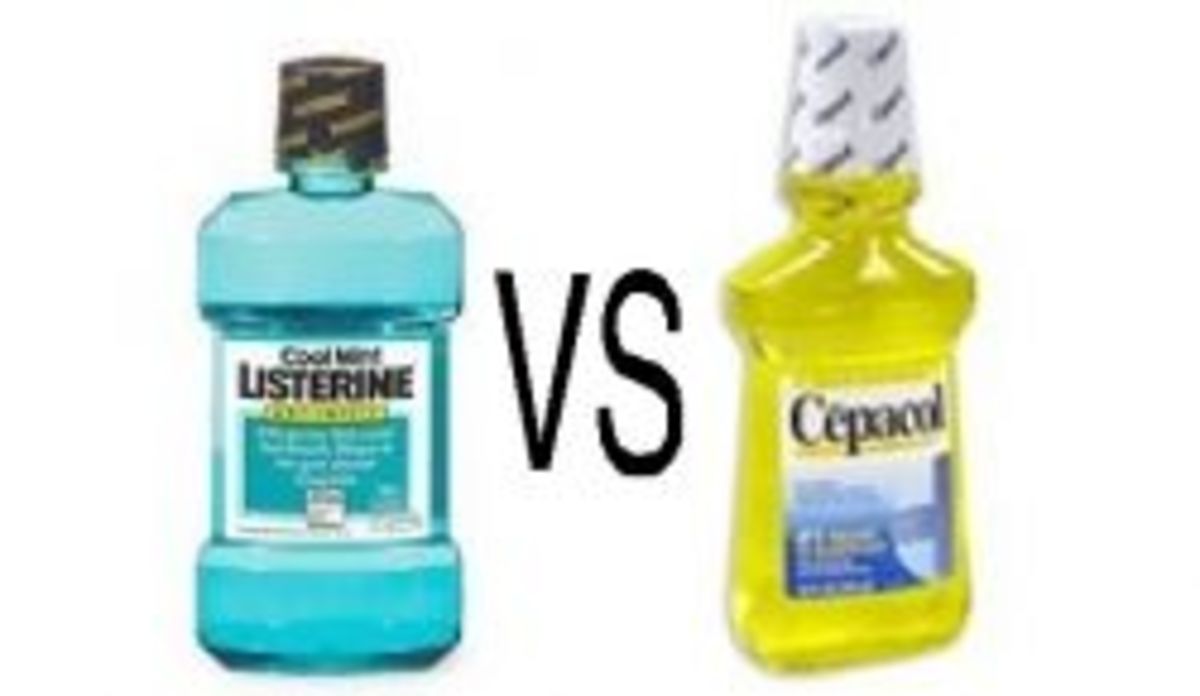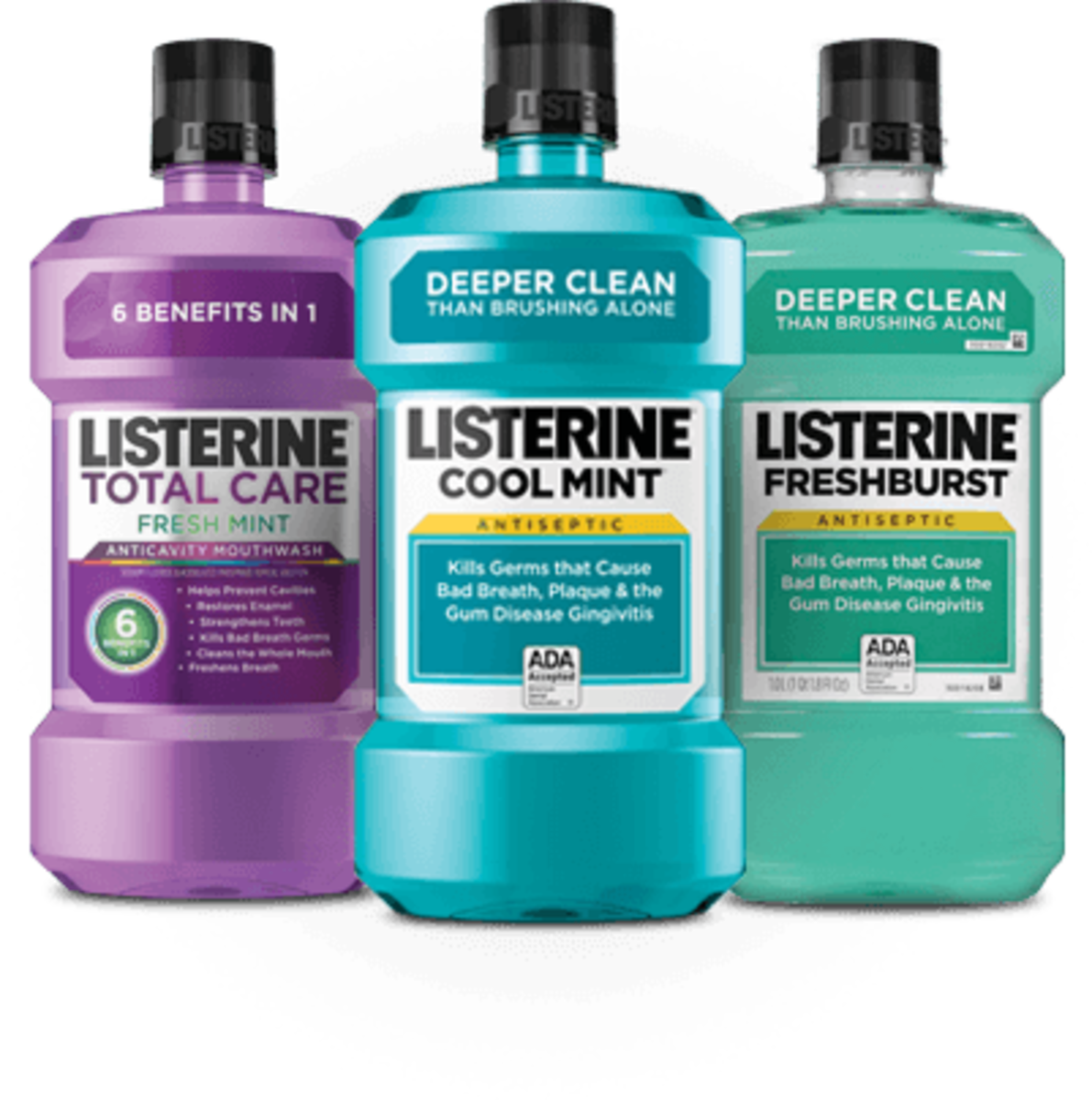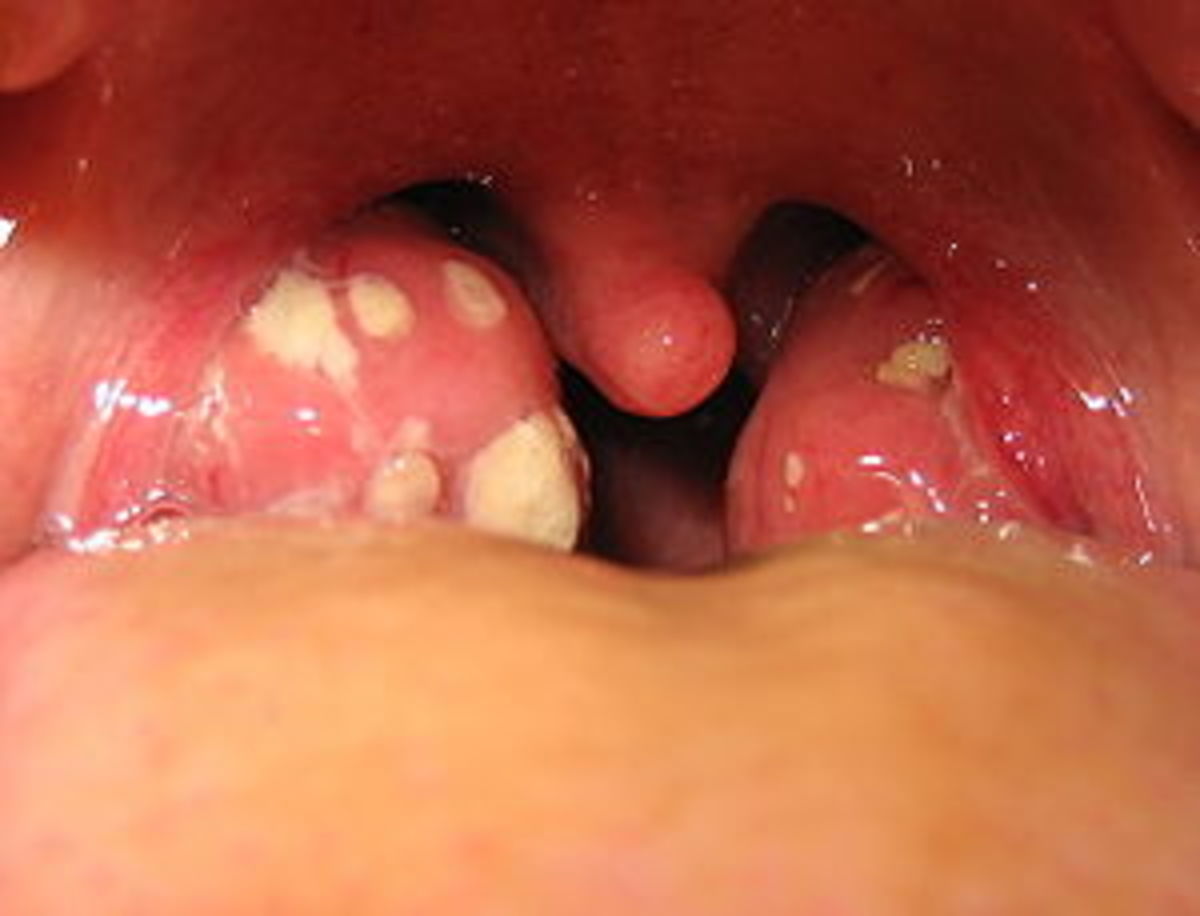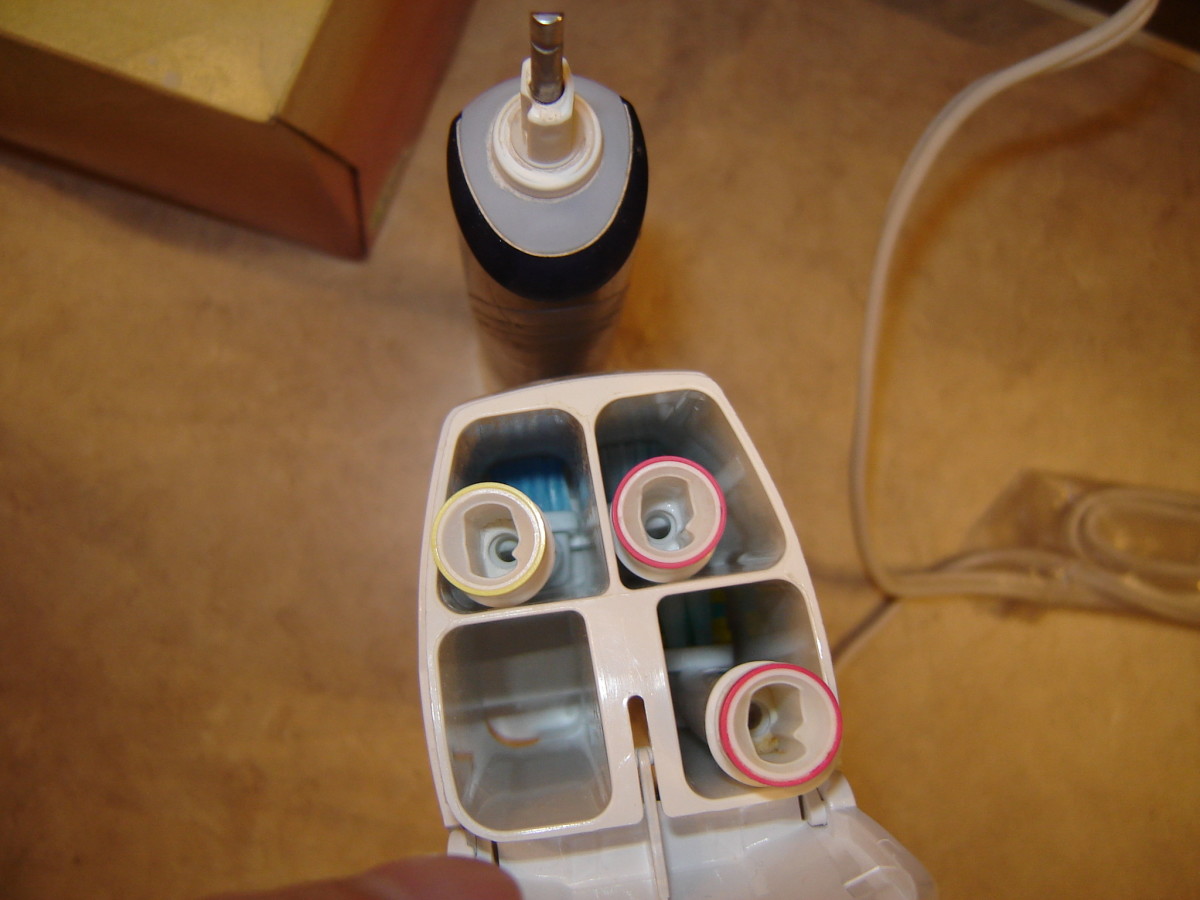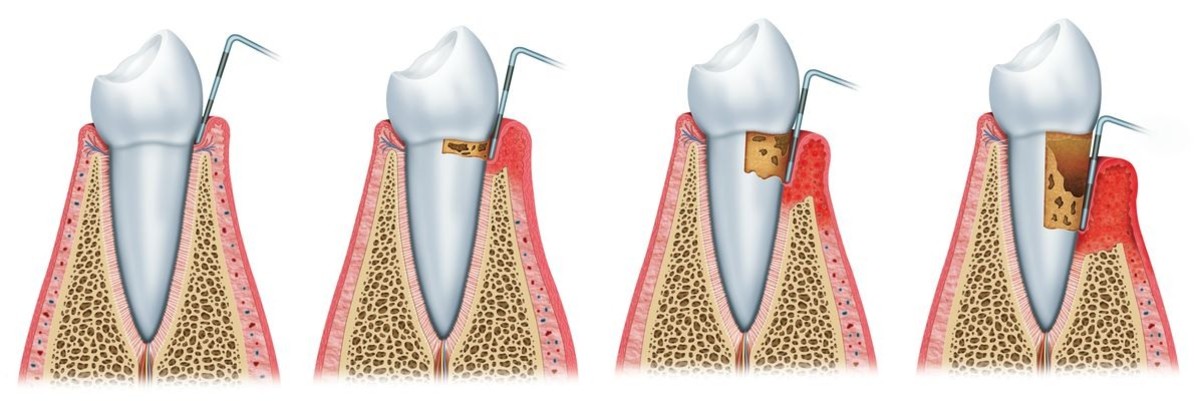Four Little Known Risks of Using Mouthwash
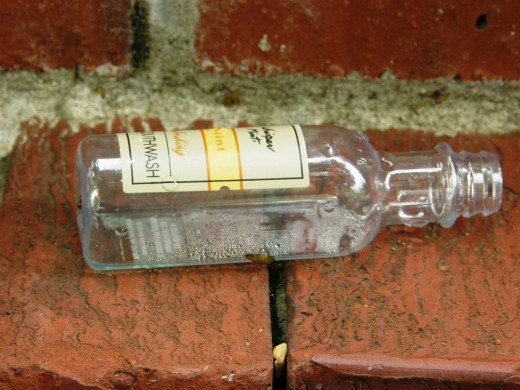
Mouthwashes: there are several colorful mouthwashes for sale in the oral hygiene aisles of your favorite store, but which one should you choose? Chances are, none of them are really good for you. Yes, they all have promising claims such as the ability to kill bacteria, keep your mouth fresh and free of odors, but what's really behind those claims? Whether you call them oral rinses, mouthwashes or mouth rinses, we are talking about the same product, one that is swished around the mouth and gargled for about half a minute before being spit out. We appreciate mouthwashes for their antiseptic properties, their ability to prevent tooth decay and how they work their magic to keep our mouths fresh and smelling good, but we never really question exactly how they work.
Of course, there are mouthwashes and mouthwashes, but the most common brands will generally contain alcohol, fluoride, water, and some form of sweeteners and preservatives such as sodium benzoate. All ingredients in mouthwash sound promising, but as mentioned, there is more than meets the eye.
Four Things You Didn't Know About Mouthwash
It Kills Bad Bacteria--But Also the Good
Most mouthwashes claim that they are effective in killing bacteria, but this is just one side of the story. Truth is, the average mouthwash will wipe out helpful bacteria too. This may sound similar to what antibiotics do and what chemotherapy does. Truth is, often what is so strong to kill bacteria or destroy cancer cells, risks also killing the good guys. In the case of mouthwash, the purpose is to kill bacteria so to decrease the occurrence of plaque and gingivitis, but the damage to the good bacteria may lead to important consequences we need to become aware of.
Alcohol-based Products Increase Chances of Decay
The alcohol in mouthwash dries out the mouth and destroys the mucus coating in the mouth that keeps it moist. A dry mouth isn't effective in washing away bad bacteria which causes an imbalance with more bad bacteria than good. The bacteria known for causing tooth decay is therefore given an opportunity to flourish.
May Possibly Cause Oral Cancer
An Australian study has found a possible link between between oral cancer and use of mouthwash containing alcohol. The review was published in the Dental Journal of Australia. The study revealed that "alcohol-containing mouthwashes contribute to the increased risk of development of oral cancer''. On top of that, acetaldehyde, a toxic by-product of alcohol is believed to be a carcinogen. The effects were found to be much higher in smokers and alcohol drinkers due to the fact that alcohol-based mouthwashes affected the permeability of the coating of the mouth increasing absorption. The amount of alcohol in mouthwash was found to be higher that that in wine or beer and the rate of exposure is much higher since mouthwash is swished whereas drinks are swallowed. These concerns have caused professor Michael McCullough to consider the need for mouthwashes to be sold under prescription only and should include written warnings, according to the Daily Telegraph.
May Increase Risk for Heart Attacks and Strokes
In this case, the risk is associated with the antiseptic chlorhexidine. Over-the-counter mouthwashes typically do not contain this antiseptic in the United States, but you may wonder if mouthwashes that kill bacteria may also cause these harmful effects. The concerns arose after a study was conducted by Prof Amrita Ahluwalia from Queen Mary University of London. The study evaluated the effects on the blood pressure of 19 volunteers who started using Corsodyl twice a day. Within one day of using the mouthwash, their blood pressure went up by 2 and 3.5 mmgh. according to the journal of Free Radical Biology And Medicine. Why does this happen? Apparently, the antiseptic killed the good bacteria responsible for creating nitrite,which helps blood vessels dilate properly.
So What Mouthwash Should I Use?
It's always good practice to look at the two sides of the story when we critically evaluate products. Yes, mouthwashes that kill healthy bacteria causes many harmful effects, but it's also true that allowing bad bacteria in the mouth to thrive which contributes to gum disease may also cause serious issues such as the build up of plaque in your arteries, according to the Journal of The American Heart Association. It's also true though that there are conditions of the mouth that require medicated mouthwashes, so what is left to do? There are some solutions.
Ideally, a good mouthwash should be alcohol-free. If you need a medicated mouthwash containing chlorexidine because of gingivitis, consider that curcumin, found in a spice known as turmeric, has shown to be a natural alternative in human clinical research. According to a study published in the Journal of Indian Society of Periodontology in 2012 a .1% curcumin extract mouthwash + .01% eugenol was found to be equally effective as chlorhexidine gluconate mouthwash sharing the same anti-plaque, anti-inflammatory, and anti-microbial properties. If you really must use medicated mouth wash, follow the recommendations of your dentist. You shouldn't be taking it long term, and if there is an underlying cause, you should address it.
What alternatives are there to the over-the-counter mouthwashes containing alcohol? There are more and more companies producing healthier mouthwashes that can be equally effective. Look for alcohol-free mouthwashes that are free of harsh abrasives or irritating chemicals. For instance, Jason's Healthy Mouth® Tartar Control Cinnamon Clove Mouthwash is free of alcohol, saccharin and gluten. It contains Grapefruit Seed and Perilla Seed Extracts to prevent build-up of tartar, tea tree oil known for its antimicrobial and antiseptic properties. Aloe vera gel that soothes and Clove and Cinnamon Oils to re-freshen breath.
If you like to be frugal and do things yourself, there are also DIY mouthwash recipes. This way you avoid harmful chemicals, dyes, artificial sweeteners, alcohol and preservatives. You can find several by just doing a Google search.
- What's the difference between simple extraction and ...
Simple extraction vs. surgical extraction, what's the difference? How can you tell the two apart and why do dentists use these two terms? - Causes of ulcers in your mouth
If you get painful mouth ulcers, you may be wondering what causes them to erupt in the first place. Causes of ulcers in your mouth may vary. - Can you bleed to death from a pulled tooth?
Those who fear dental procedures often have irrational fears that come to their mind. Bleeding to death from a pulled tooth is a common fear for many. Can this really happen? what are the odds? - Complications after a tooth extraction
We all wish an uneventful recovery after a tooth extraction, but sometimes things do not go as planned. Being aware of complications after a tooth extractions is a good place to start. - Fluoride in toothpaste and water, good or bad?
We were told for many years that fluoride was good for out teeth so we've been getting toothpaste with fluoride for strong teeth, but is it really good for us? Beneficial panacea or marketing scam?




